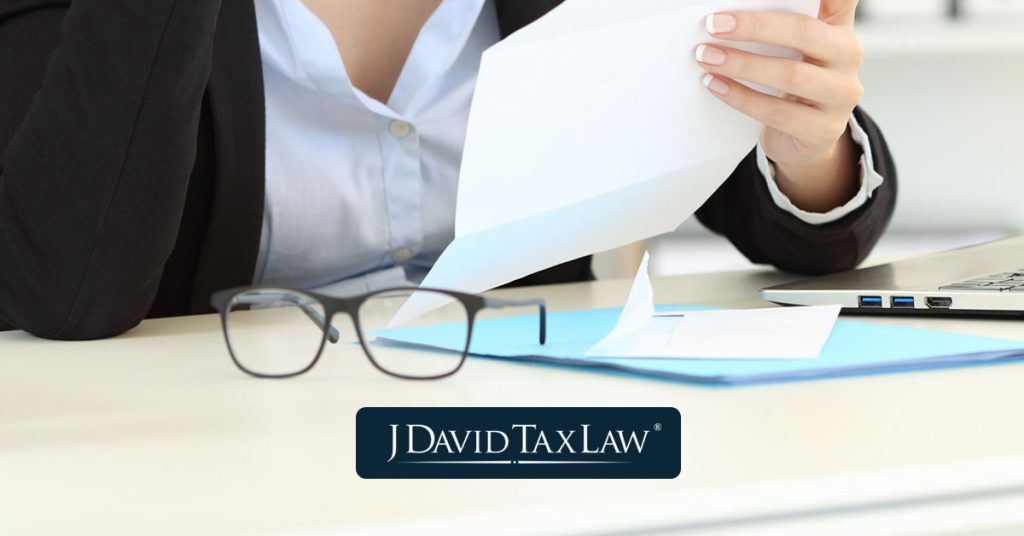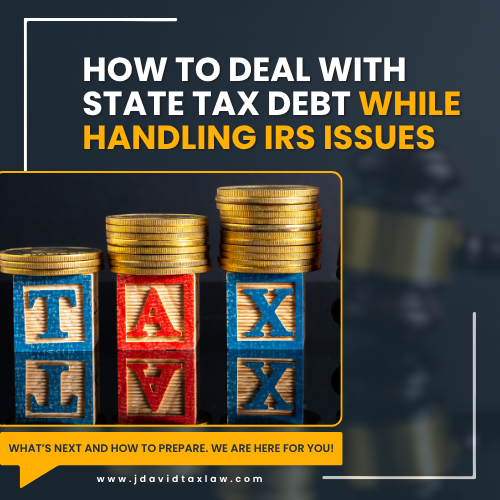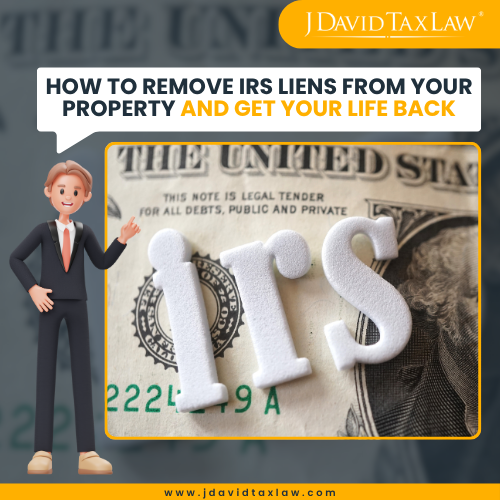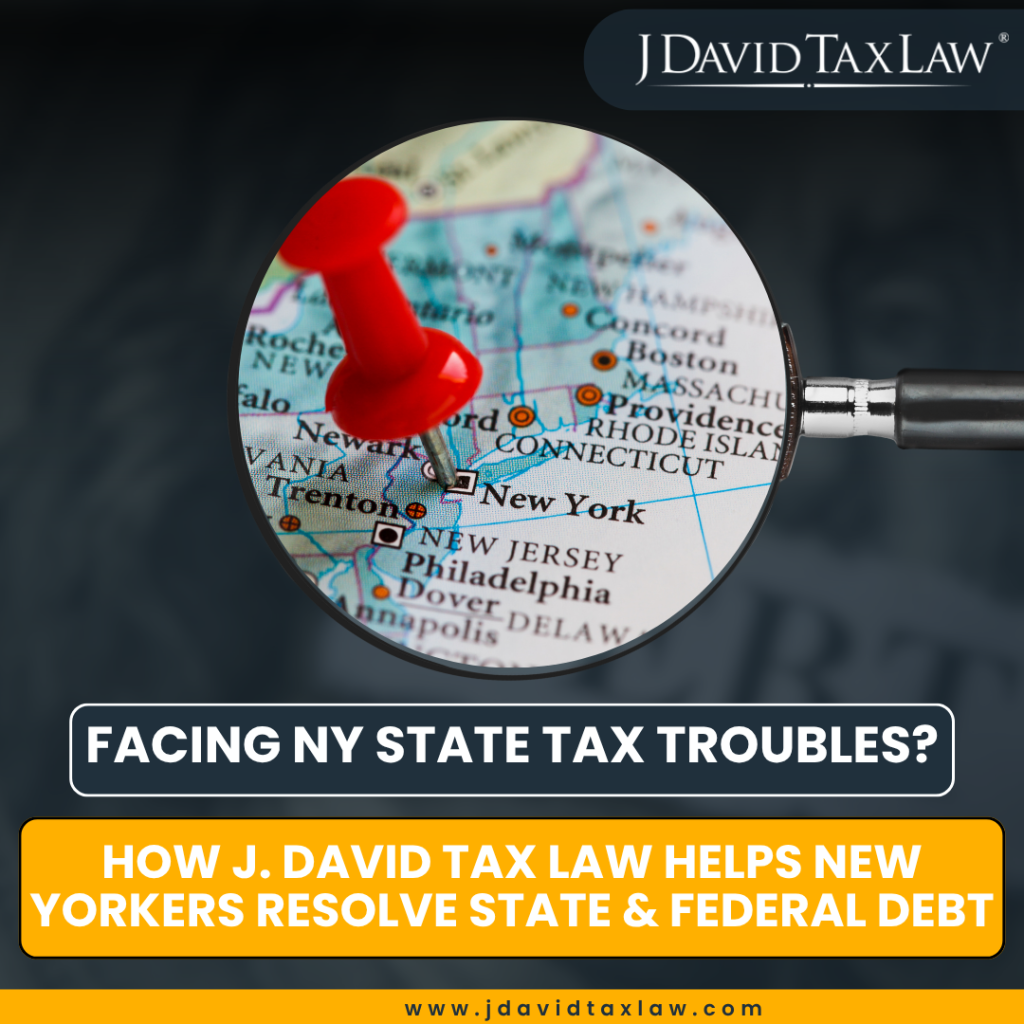If you have the duty to collect and pay employment taxes, this article is a must read. Every time an employer pays an employee, they withhold a percentage for contributions for Medicare and Social Security, also known as FICA (Federal Insurance Contributions Act), and income tax. The income tax withholdings are known as Trust Fund Taxes. The employer has an obligation to send that money to the IRS. If a business fails to send those withholdings the IRS will charge a penalty known as Trust Fund Recovery penalty. This Penalty is one of the most severe penalties the IRS can enforce on a responsible person or party.
How does the IRS calculate the amount of penalty?
The Trust Fund Recovery Penalty is calculated based on the unpaid balance of the trust fund. This is a calculation of the withheld income tax, plus the withheld contributions to Medicare and Social Security (FICA). For example, let’s say that after paying your employee, the total amount of unpaid withholdings is $150. (Income tax and FICA included). Now you owe an additional $150. That’s why the penalty is sometimes referred to as “the 100 percent penalty” because the IRS will enforce a penalty no less than one hundred percent of the taxes owed. If this happens with one employee, it may not be of great impact, but if this, is a constant occurrence with more than one employee the financial consequences are catastrophic for business owners.
How do we know who is responsible for Trust Fund Recovery Penalty?
Based on section §6672 of the Internal Revenue Code you could be responsible if you are a “person required to collect, account for, and pay over taxes held in trust, who willfully fails to perform any of these activities.” The law has established two criteria to determine responsibility, the first one is to identify the responsible person within the business. The test is to determine if a “person had the status, duty, and authority to control the company’s financial affairs.” A good rule of thumb for the IRS is to consider who signs the checks or the more technical term, who has fiduciary responsibility. Even if you are not the owner of the business you may be assessed responsibility for the tax burden if you have check signing authority or were tasked with paying the taxes that were held in trust for the IRS. The second criterion is to establish that the person acted with willfulness. “This means voluntarily, consciously, and intentionally. You are acting willfully if you pay other business expenses instead of paying taxes withheld to the IRS.”
The IRS is extremely aggressive when it comes to Trust Fund Recovery Penalties and collecting them. It’s not only considered a monetary loss for the government, preventing them to fund federal programs but it’s also considered to be tax evasion by the IRS. Not paying the money to the IRS that was held out of an employee’s paycheck is one of the most pursued and prosecuted violations within the Internal Revenue Service. If you have been charged with a Trust Fund Recovery Penalty violation the IRS will eventually take your assets to collect the amount owed. The consequences of ignoring TFRP are worse than the penalty itself.
In our experience at J David Tax Law, when a responsible party does not address this major tax problem, it always leads to financial devastation or worse, Federal prison.
J. David Tax Law has represented over 2,100 clients that were facing Federal criminal prosecution for tax evasion due to unpaid Trust Fund Recovery Penalty and/or owed from $100,000 to $7.7 million-dollars due to TFRP assessments. You never want to do an IRS interview regarding this type of penalty without legal representation. If the IRS is talking to you, they are building a case against you. If you are facing severe penalties from the IRS for any payroll tax violation including assessed Trust Fund Recovery Penalties, contact J David Tax Law today for a no-cost consultation and immediate representation.















